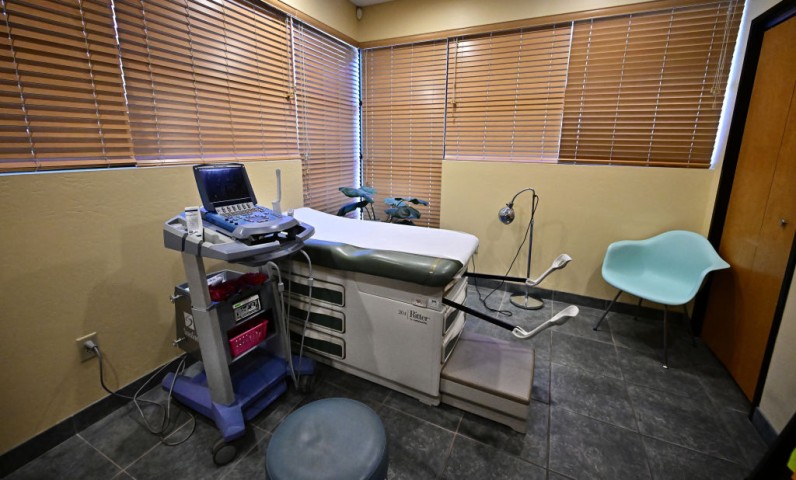
On Friday, June 14, a federal judge in Arkansas ruled that the lawsuit 17 Republican states filed against the Equal Employment Opportunity Commission (EEOC) lacked standing.
The Associated Press reported that the lawsuit was filed in April after the agency published rules for employers and workers as an implementation of the Pregnant Workers Fairness Act, a 2022 law requiring employers to make "reasonable accommodations" for their pregnant or postpartum employees.
Aside from on-site workplace accommodations, the rules said that workers could ask for time off to obtain an abortion and recover from the procedure.
The states that joined Arkansas include Alabama, Florida, Georgia, Idaho, Indiana, Iowa, Kansas, Missouri, Nebraska, North Dakota, Oklahoma, South Carolina, South Dakota, Utah, and West Virginia.
Arkansas Judge: Lawsuit Does Not Hold Water
The lawsuit filed in a federal court in Arkansas argued that the regulations went beyond the scope of the 2022 law, which was passed with bipartisan support.
However, US District Court judge DP Marshall Jr., an Obama appointee, denied the state's request for a nationwide preliminary injunction on the federal rules, which would take effect Tuesday next week (June 18).
In response, Arkansas Attorney General Tim Griffin said in a statement that he was "disappointed in the court's ruling" but was "considering all legal options" to become successful in its challenge.
READ NEXT : Telehealth Startup Ro Develops Online Tracker to Combat Wegovy Shortages Amid Weight-Loss Drug Demand
Other Federal Challenges
Other federal lawsuits challenged the EEOC rules across the country; one is awaiting a ruling in Louisiana.
Several religious groups, spearheaded by the United States Conference of Catholic Bishops (USCCB), also filed a separate lawsuit over the abortion provision in Louisiana, which was eventually consolidated with a third lawsuit filed by the attorneys general of Louisiana and Mississippi, asking the judge to postpone the enforcement of the rules while the cases are still in court.
On the other hand, the American Civil Liberties Union (ACLU) led a group of labor and women's advocacy groups in filing amicus briefs in both cases, arguing that the rules should take effect as scheduled as it would be key to successfully implementing the law.







Join the Conversation